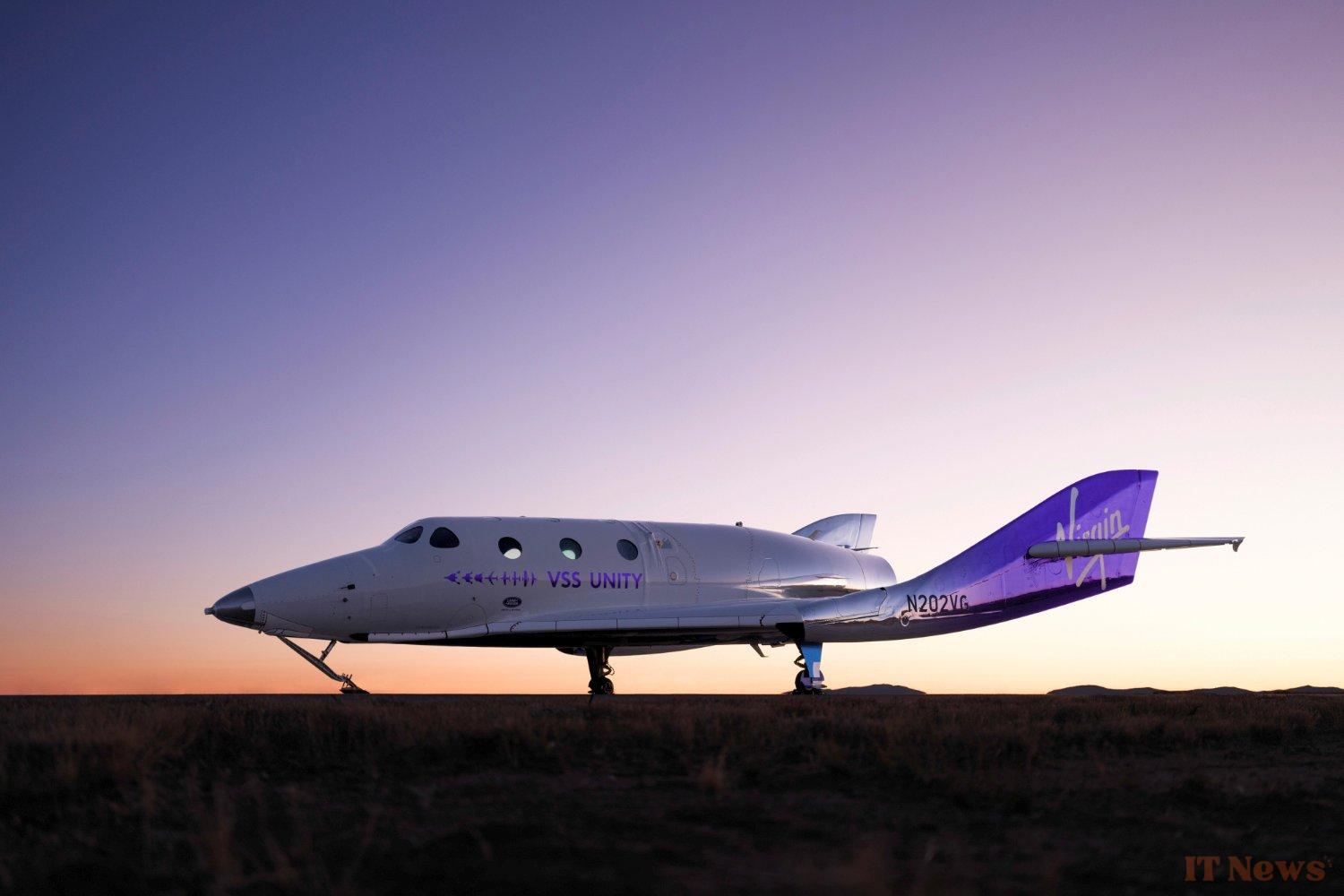Virgin Galactic has paused flights since June 2024 to focus on a new ship in the "Delta Class" family, which is expected to offer additional capacity, greater efficiency, and the ability to fly more frequently. Following the VSS Unity, this new ship is expected to conduct its first test flight in the summer of 2026, before embarking its first space tourists. There will be up to six on board, an increase from the four seats available on the original SpaceShipTwo.
Delta Class concerns a family of ships, of which the one launching next year will be the first. "A lot of work is underway within our company, as well as with our key suppliers," said Michael Colglazier, CEO of Virgin Galactic, during a conference call with investors on May 15. "We still plan for our first spaceflight to take place in the summer of 2026, followed by private astronaut flights in the fall of 2026."
Two spacecraft are expected to roll off the production line eventually, before others arrive. But with these, Virgin Galactic should already be able to conduct numerous flights, as the company announces a frequency of two takeoffs per week thanks to technological improvements. The previous VSS Unity spacecraft only flew seven commercial missions between June 2023 and June 2024. Launches will still be via a carrier aircraft, which will accompany the spacecraft to an altitude higher than that of a passenger jet before the Delta's rocket engine ignites and launches the astronauts to over Mach 3.
In addition to selling tickets for over $600,000, Virgin Galactic plans to expand its business model through its carrier aircraft. During his May 15 investor conference call, Michael Colglazier said the company had "engaged with leaders from the Department of Defense, national laboratories, and aerospace and defense companies to determine the potential market fit of our carrier aircraft capabilities with government customer needs."
Space Tourism and Government Missions
The vehicle, dubbed HALE (for "High Altitude Long Endurance"), could fit existing needs. "We have been encouraged by the early feedback, which has identified existing and emerging missions that could benefit from access to HALE-Heavy support aircraft. These missions include airborne research and development testing; intelligence, surveillance, and reconnaissance support; command and control node capabilities; and the multiple opportunities offered by the emerging Golden Dome initiative for missile defense."
As a reminder, Virgin Galactic is a company launched in 2004 by Sir Richard Branson, who has always sought to offer a solution to satisfy the wildest dreams of the rich, namely to fly to an altitude of more than 80 kilometers and be able to admire the Earth from space. The peak of Virgin Galactic's flights does not allow us to speak of space according to the standard of the International Aeronautical Federation, which sets the boundary between air and space at 100 kilometers, the Karman line. It is estimated that beyond 100 kilometers, the air molecules in the atmosphere no longer offer sufficient aerodynamic resistance.
The Americans, however, define the boundary at 80 kilometers, allowing Virgin Galactic to fall within the limits. But since Virgin Galactic's return to suborbital flights in 2021, a company called Blue Origin, funded by Jeff Bezos, has launched another program called New Shepard for flights to the Karman line. SpaceX offers an even more extraordinary experience to its rare private customers, with missions into orbit, and sometimes even up to 700 kilometers in altitude.
Before embarking on the seven flights of the VSS Unity spacecraft between 2023 and 2024, Virgin Galactic had paused its flights from 2021 to 2023 following a serious incident that could have proved fatal for the entire crew, following a decision far from responsible on the part of the pilots. It recalled another even more serious event, where in 2014, a Virgin Galactic flight resulted in the death of the co-pilot following a mid-flight disintegration.



0 Comments